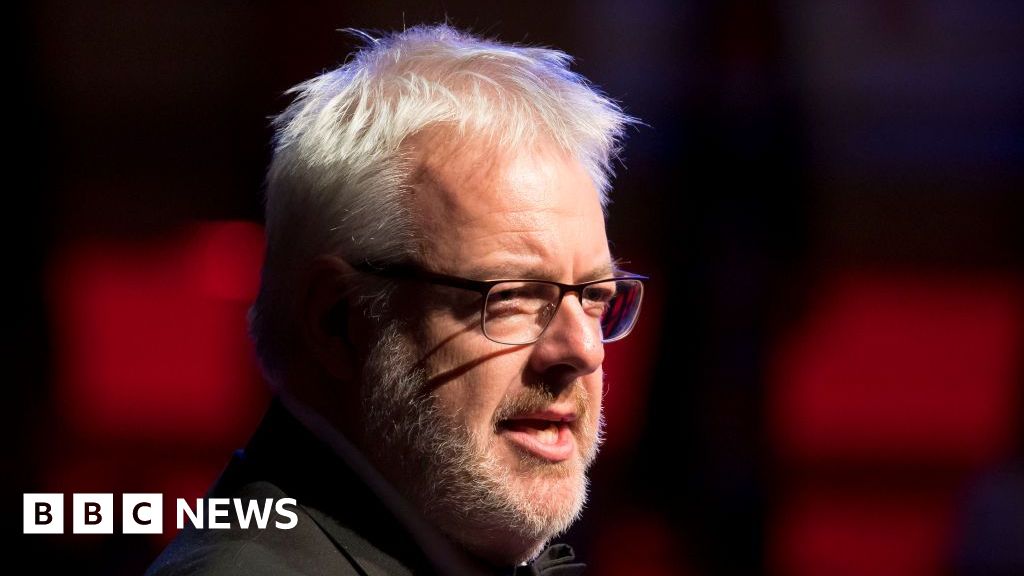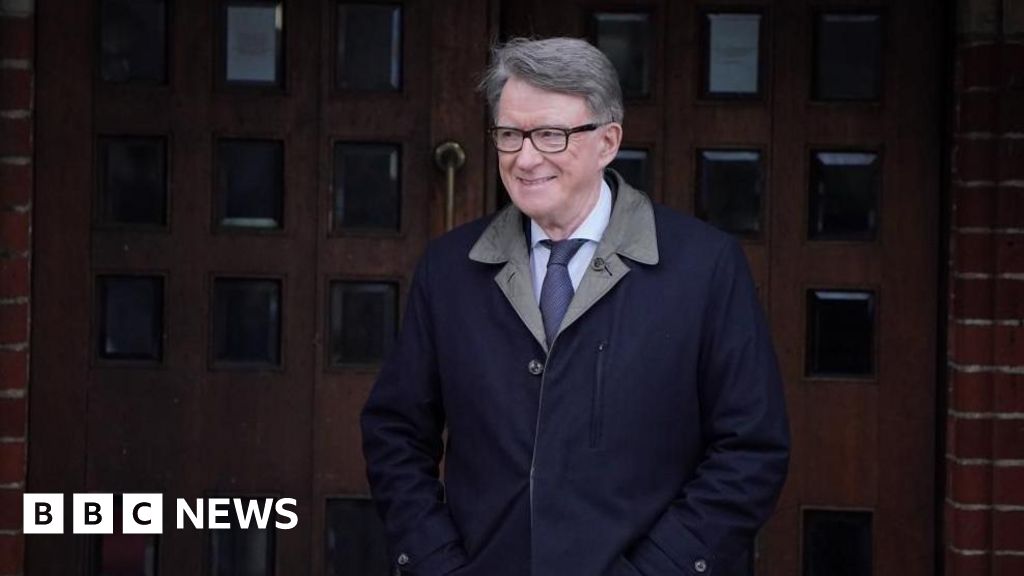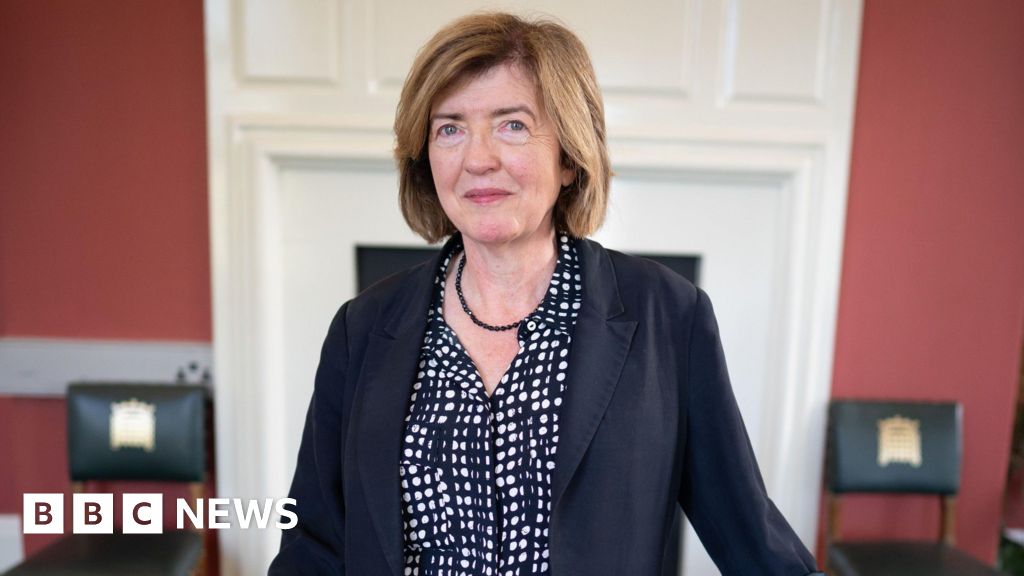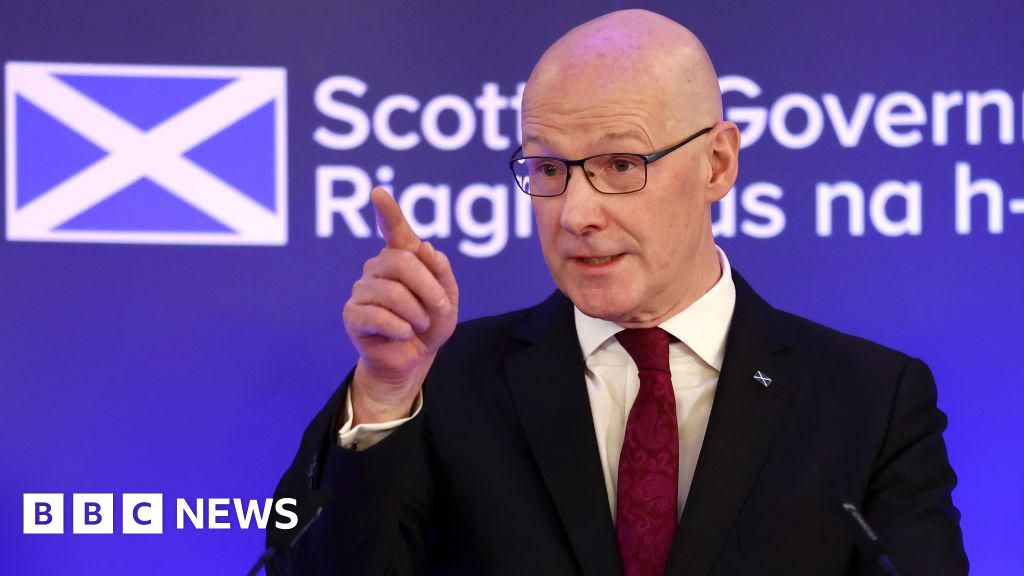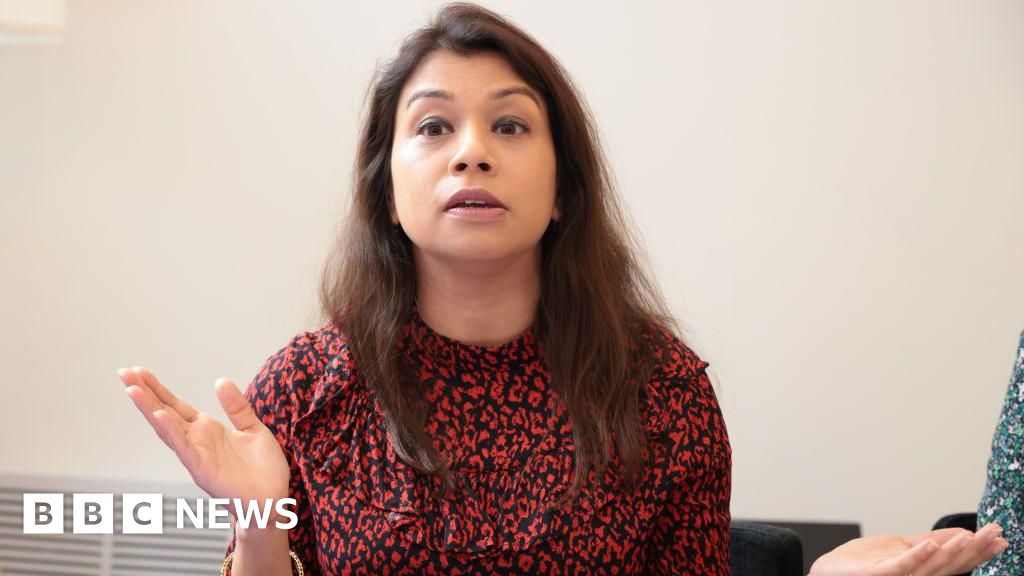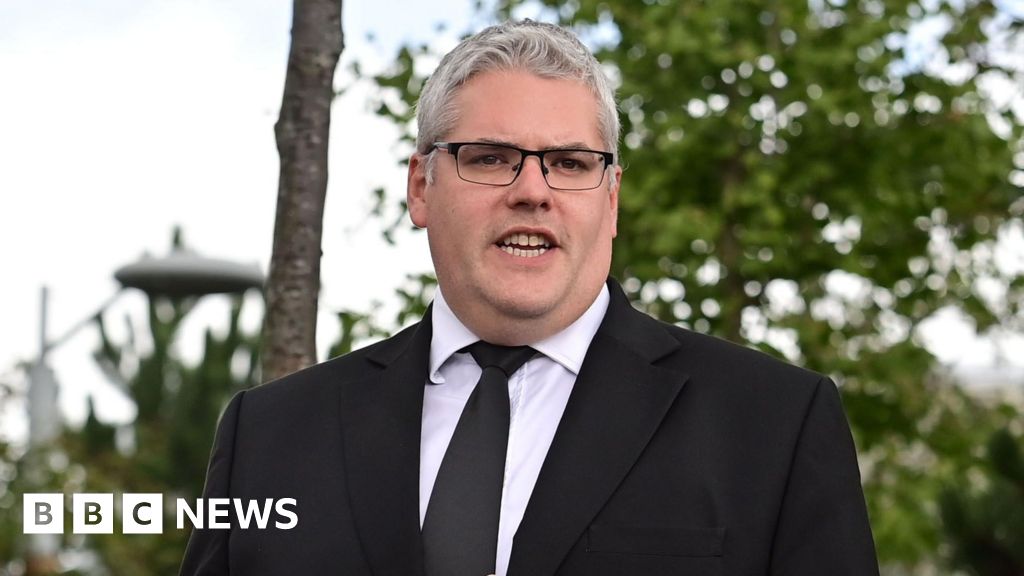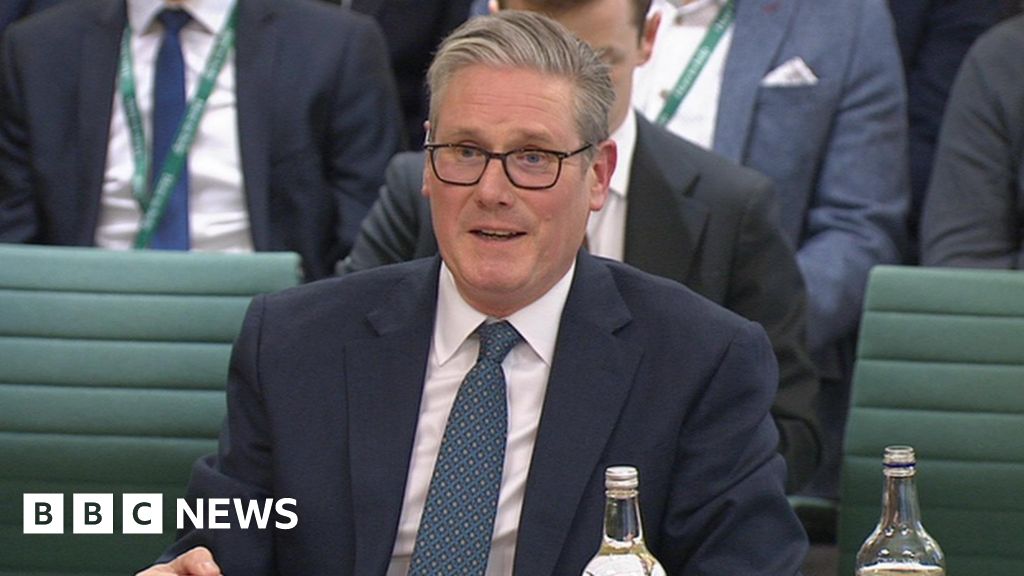
Gas and electricity prices will rise by 10% in England, Scotland and Wales from October.
Under the new energy price cap, the typical annual dual-fuel bill paid by direct debit will be £1,717 per year.
At the same time, around 10 million pensioners will no longer get winter fuel payments to help them with bills at the coldest time of year.
How much are winter fuel payments and who will get them?
Until now, winter fuel payments have been given to all pensioners.
They are worth between £100 and £300, depending on the age of the recipient and whether or not they live alone.
More than 11.3 million pensioners received the payment in winter 2022-23.
However, Chancellor Rachel Reeves has announced that from winter 2024, they will only go to pensioners who get pension credit or other means-tested benefits. The policy applies in England and Wales.
About 850,000 households who are eligible to receive pension credit do not claim it, according to figures released by the Department for Work and Pensions last year.
You could be eligible if you are above state pension age and have an income of less that £218.15 a week, or less than £332.95 as a joint weekly income with your partner. Savings are also taken into account.
Disabled people, those caring for someone, and those with housing costs could be eligible despite these factors
The governments in Scotland and Northern Ireland will make a decision on whether to follow the new policy.
What is the energy price cap?
The energy price cap covers 28 million households in England, Wales and Scotland and is set every three months, external by the energy regulator Ofgem.
It fixes the maximum price that can be charged for each unit of energy on a standard - or default - tariff for a typical dual-fuel household which pays by direct debit.
Between 1 October and 31 December, gas prices will be capped at 6.24p per kilowatt hour (kWh), and electricity at 24.50p per kWh.
A dual-fuel direct debit household using a typical amount of energy, external will pay £1,717 per year, a rise of £149.
Those who pay their bills every three months by cash or cheque pay £1,829.
However, the forecaster, Cornwall Insight, said prices could possibly rise again in January, owing to rising wholesale costs paid by suppliers.
The cap does not apply in Northern Ireland, which has its own energy market.
What is a typical household?
Your energy bill depends on the overall amount of gas and electricity you use, and how you pay.
The type of property you live in, how energy efficient it is, and how many people live there, are also relevant.
The Ofgem cap is based on a "typical household" using 11,500 kWh of gas and 2,700 kWh of electricity a year with a single contract for gas and electricity, which they settle by direct debit.
The vast majority of people pay their bill this way, to help spread payments across the year.
Those who pay every three months by cash and cheque are charged more.
In March, Ofgem said it was considering a range of options for changing the current energy cap system, including charging different prices throughout the day to reflect periods of high demand.
What is happening to prepayment customers?
From 1 October, households on prepayment meters are paying slightly less than those on direct debit, with a typical bill of £1,669, a rise of £147.
About four million households had prepayment meters in April 2024, according to Ofgem.
Many have been in place for years, but some were installed more recently after customers struggled to pay higher bills.
New rules mean suppliers must give customers more opportunity to clear their debts before switching them to a meter, and they cannot be installed at all in certain households.
Image source, Getty Images
What are standing charges and how are they changing?
Although the overall cap has fallen, standing charges - a fixed daily amount which covers the costs of connecting to a supply - are staying the same.
These are typically 60p a day for electricity and 31p a day for gas, although they vary by region.
Campaigners, including the financial journalist Martin Lewis, have said these charges are unfair because they make up a disproportionately large part of the bill of low energy users.
Ofgem has outlined options to change the standing charge billing system and has asked energy suppliers, consumer groups and household bill payers to give their views., external
Separately, the regulator is also adding £28 to everyone's bill over the year to cover the cost of dealing with £3.1bn of debt that customers owe to suppliers.
Should I fix my energy prices?
There is always a hope that suppliers offer cheaper, fixed-price deals.
These offer certainty for a set period, but if prices drop, people could find themselves stuck at the higher price.
When considering fixed-price deals, Ofgem says people should seek independent advice and consider what is most important for them - the lowest price or the security of a fixed deal.
Price comparison website Uswitch warned customers to check whether fixed deals had exit fees before signing up, look closely at forecasts, and at what is being offered.
What extra help can I get with my energy bills?
The £500m Household Support Fund,, external which was introduced in September 2021 to help vulnerable customers, had been due to end in March 2024.
However, the previous chancellor Jeremy Hunt announced a six-month extension in the spring Budget.
The Warm Home Discount scheme, external continues to offer a discount to eligible pensioners and low income households.
The government's Fuel Direct Scheme, external can help people to repay an energy debt directly from their benefit payments.
In addition, suppliers must offer customers affordable payment plans or repayment holidays if they are struggling with bills.
Most suppliers also offer hardship grants.

 3 months ago
13
3 months ago
13
